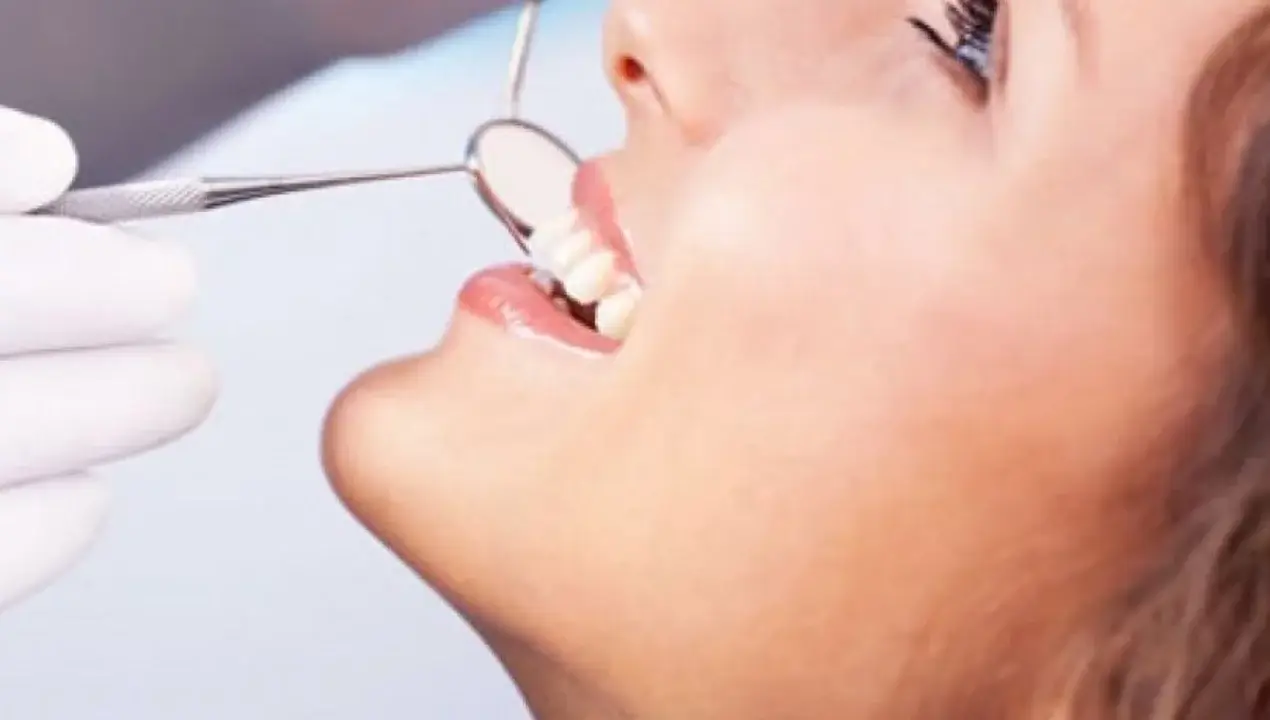Drug causing tooth re- eruption in testing in Japan

A historic event occurred in the scientific world of Japan: something that no country has done before was undertaken. Clinical trials of the first tooth growth stimulant, developed by scientists at Kyoto University, have begun. This process could open a completely new page in medicine, local publications wrote.
The new stage of testing is a logical continuation of the research that began in 2024. This time, 30 men aged 30 to 64 are participating. It is assumed that the obtained results will change approaches not only in the field of dentistry, but also in medicine as a whole in the future.
The basis of the new development lies in years of research. Scientists studied a special antibody called USAG-1. It turns out that this antibody limits tooth growth in mammals. Specialists from Kyoto University have found a way to block the interaction between USAG-1 and bone morphogenetic protein (BMP). This process creates the basis for the restoration of dental tissues, that is, the growth of new teeth.
The basis of the technology is the use of monoclonal antibodies - a method that has already been tested in medicine and confirmed for safety. Until now, this method has been widely used mainly in oncology, that is, in the fight against malignant tumors.
The new drug is administered intravenously. Scientists have proven its safety in experiments on animals. Therefore, a legal and medical basis has been created for the start of clinical trials on humans.
Professor Katsu Takahashi, Head of the Department of Dentistry and Maxillofacial Surgery at Kitano Hospital, said:
"We knew beforehand that the USAG-1 lock would trigger tooth eruption. Now the most important question is whether this process will lead to complete regeneration, that is, the complete formation of new teeth. We can now demonstrate what we can do."
If the trials are successful, starting in 2026, scientists plan to treat children with congenital adentia - that is, children without four or more teeth. This could be a revolutionary step in dentistry.
The ultimate goal is even more ambitious: to develop a tooth remedy that will be available to the general public by 2030. If this goal is achieved, a completely new era in the history of medicine may begin.
Read “Zamin” on Telegram!





















